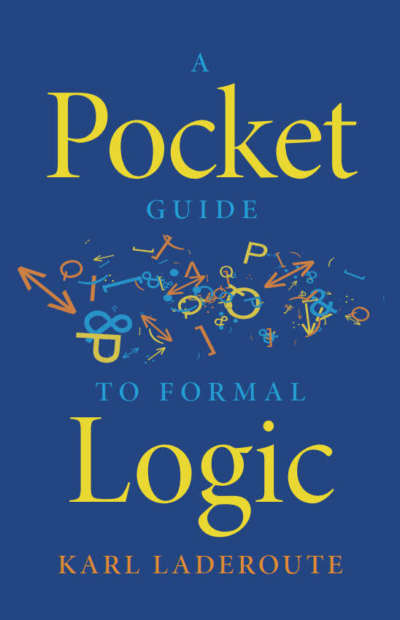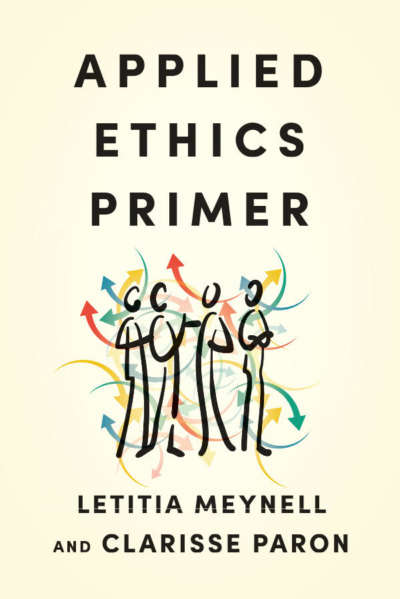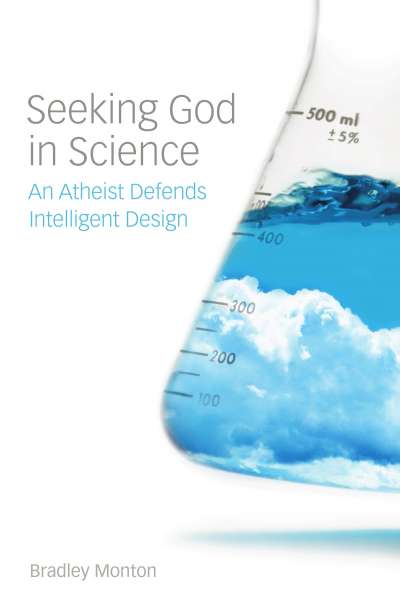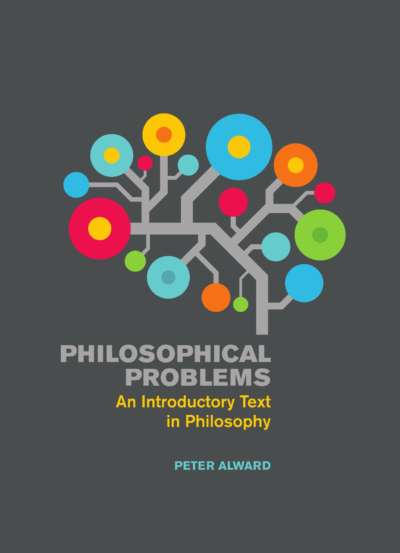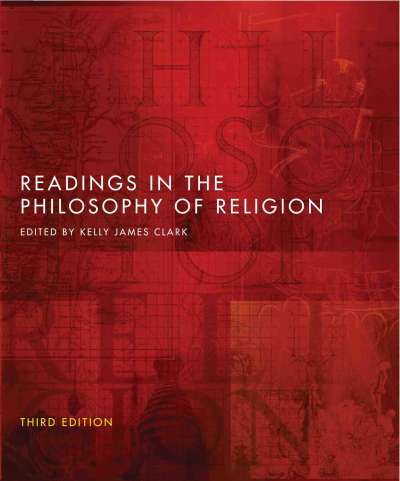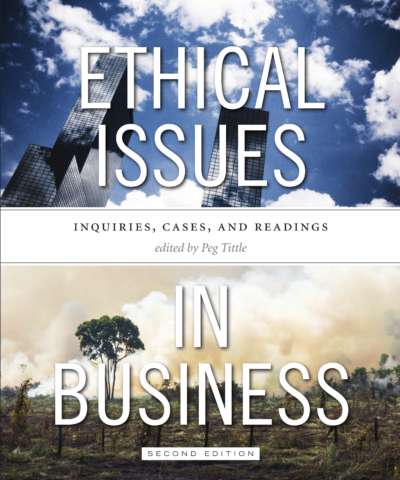The Athiest’s Primer is a concise but wide-ranging introduction to a variety of arguments, concepts, and issues pertaining to belief in God. In lucid and engaging prose, Malcom Murray offers a penetrating yet fair-minded critique of the traditional arguments for the existence of God. He then explores a number of other important issues relevant to religious belief, such as the problem of suffering and the relationship between religion and morality, in each case arguing that atheism is preferable to theism. The book will appeal to both students and professionals in the philosophy of religion, as well as general audiences interested in the topic.
Comments
“This book is excellent. Well-written, masterfully concise, easy to follow, and correct in nearly every detail, with an occasional hint of intellectual humor on almost every page. Well-sourced, with helpful notes and up-to-date citations of scholarship, Murray takes on not just conservative theism, but knocks down all the leading props of liberal theism, too. Though not attempting to be comprehensive, Murray nails the core basics, making it the ideal place to start for anyone considering the God question. Theists will be deeply troubled by it. Atheists will find in it new arguments, and new ways to phrase old ones. And for anyone on the fence, it’s a must-read.” — Dr. Richard Carrier, author of Sense and Goodness without God
Acknowledgements
Preface
PART 1. PRELIMINARIES
Chapter 1: Why Not Agnosticism?
- Proving Non-Existence
The Burden of Proof
Fallibilism
The Common Sense View
Is Atheism Itself a Metaphysical Belief?
Summary
Chapter 2: Which God Are You Denying?
-
Kidneys and Hearts
What Is God?
Magenta and Pink
Tolerable Misdescriptions
Life Force
The Argument from Experience
Our Natural Being
The Point
Chapter 3: Religion without God?
-
Religious Atheism
Spirit
The Backdoor God
Conclusion
Chapter 4: Metaphor and Sacred Texts
-
Inconsistencies
Improbabilities
Ignored Dictums
Partial Literalism
Metaphorical Reading
Ricœur and Company
PART II. “PROOFS”
Chapter 5: Ontologic Illogic
-
A Priori and A Posteriori Arguments
The Ontological Argument
Null Sets and Hypotheticals
Barretteless and Imaginary Dolls
Necessary Existence
Summary
Chapter 6: Why Is There Something Rather Than Nothing?
-
The Cosmological Argument
Inconsistency
Infinity
The Kala‾m Argument
Necessary Beings
Best Explanation
Conclusion
Chapter 7: Design or Evolution?
-
The Design Argument
The Appeal
The Evolutionary Account
Chance and Fruit Flies
Intelligent Design?
Chapter 8: Fine Tuning and Analogy
-
The Design Argument (Again)
Fine Tuning and Biogenesis
Analogical Argument Structure
Watches and Astrolabes
Summary
Chapter 9: The Moral Argument
-
Aquinas’s Version
Kant’s Version
Summary
PART III: ATTRIBUTES
Chapter 10: The Problem of Suffering
-
Inscrutability
Free Will
Eschatological Recompense
Moral Fortitude
Summary
Chapter 11: Omnipotence
-
The Paradox of the Stone
No Impossible Powers
Two Impossible Acts Are Easier Than One
Mortal Comprehension
Chapter 12: Omniscience and Free Will
-
The Basic Problem
Weakening Knowledge
Out of Time
Different Necessities
Other Worlds
Summary
Chapter 13: Time and Immutability
-
Problems with Immutability
Anthropomorphizing
Time Revisited
Summary
Chapter 14: Is God Love?
PART IV. FAITH
Chapter 15: Faith and Reason
-
God Is Special
Secular Faiths
Conclusion
Chapter 16: Fideism
-
Kierkegaardian Fideism
Wittgensteinian Fideism
Chapter 17: Ultimate Concern
-
Ontological, Not Cosmological
Three Ambiguities
The Problem
Chapter 18: Po-Mo Theo
-
A Monkey in a Box?
Summary
Chapter 19: Pascal’s Wager
-
Two Problems
Defending Pascal
Chapter 20: Non-Falsifiability
-
Flew’s Garden
Not Logical Positivism
Falsification and Verification
Objections
Replies
Summary
PART V. IMPLICATIONS
Chapter 21: Mysticism
-
Common Components
Content
Method
Self-Confirming
Judging by the Effects
Conclusion
Chapter 22: God and Morality
-
Moral Principles
The Euthyphro Argument
Innate Morality?
Sin and Moral Intuition
Strategic Interaction
Conclusion
Chapter 23: The Meaning of Life
-
The Problem of Nihilism
Reductio Ad Absurdum
The Argument from Consistency
The Non Sequitur
Death
Rephrasing the Question
Chapter 24: Death
-
Platonic Arguments
Ghosts in the Machine
Brain Damage
Near-Death Experiences
The Identity Argument
Summary
Chapter 25: Error Theory
-
Religion’s Success
Psychological and Sociological Accounts
The Evolution of Belief
Conclusion?
Notes
Bibliography
Author Index
Malcolm Murray is Professor of Philosophy at the University of Prince Edward Island. His previous publications include The Moral Wager: Evolution and Contract (Springer, 2007).


